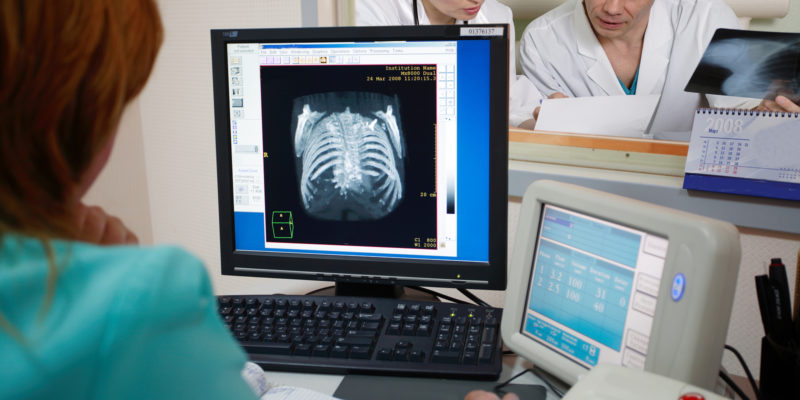Doctors at Glasgow Hospital are benefiting from a new system designed to provide all the information they need about the medicines their patients are taking.
NHS Greater Glasgow and Clyde (NHSGGC) has revealed Queen Elizabeth University Hospital has started to use the software that enables clinicians to determine what prescriptions the patient is on when they are admitted to hospital, Glasgow Live reported.
The medicines reconciliation will be applied across 11 sites in the region, using Orion Health Medicines to create electronic discharge letters as well. This will help GPs find out about any treatments that were changed – whether they were stopped, altered or initiated – while their patient was in hospital care.
Speaking with the news provider, programme lead at NHSGGC Alistair Bishop said this reconciliation system is “an important foundation for clinical decision making”.
He stated: “Orion Health Medicines gives our doctors both a hospital view and a GP view of the medications that a patient is taking and enables them to see how those medications have been changed over time.”
By doing this, doctors will have a “more complete picture on which to make informed decisions about any changes that need to be made”.
This will help GPs save valuable time, as they will not have to chase information from hospitals regarding medications that were prescribed or changed there.
Before introducing this system, it was unclear whether medication had been intentionally altered or if it was an error, as stopped prescriptions could have been left out of discharge letters.
However, with the new system, they can see when and why medication had been changed or stopped, saving GPs time in having to follow this information up from the various clinics around Glasgow and Clyde.
Orion Health Medicines’ initiative has just been rolled out at the hospital, following successful pilots at the Beatson West of Scotland Cancer Centre and Inverclyde Royal Hospital. They used these tests to determine how to improve the programme so it is as effective as possible to clinical staff and easy to use.
According to Mr Bishop, more than 77,000 discharge letters have already been generated with the system, while a quarter of a million medicines have been reviewed and two million prescriptions recorded.
By saving medical staff from having to find out what medicines patients are already on when admitted and why changes have been made to these prescriptions, the system will “free up time to focus on clinical decision making”.
NHSGGC has also made headlines recently due to its high standard of asset management.
Earlier this week, it became the first NHS organisation in the UK to receive credit for the new standard of safety and maintenance to medical equipment.
The ISO 9001 Quality Management Standard was updated with the ISO 55001 Standard to manage assets, in a bid to ensure equipment is as effective as possible to boost patient safety.
Interim chief operating officer at NHSGGC Jonathan Best said: “Our objectives are aligned with the overall Strategic Objectives set out by the Scottish Government with respect to healthcare.”
To find out more about pharmaceutical packaging companies, take a look here.

